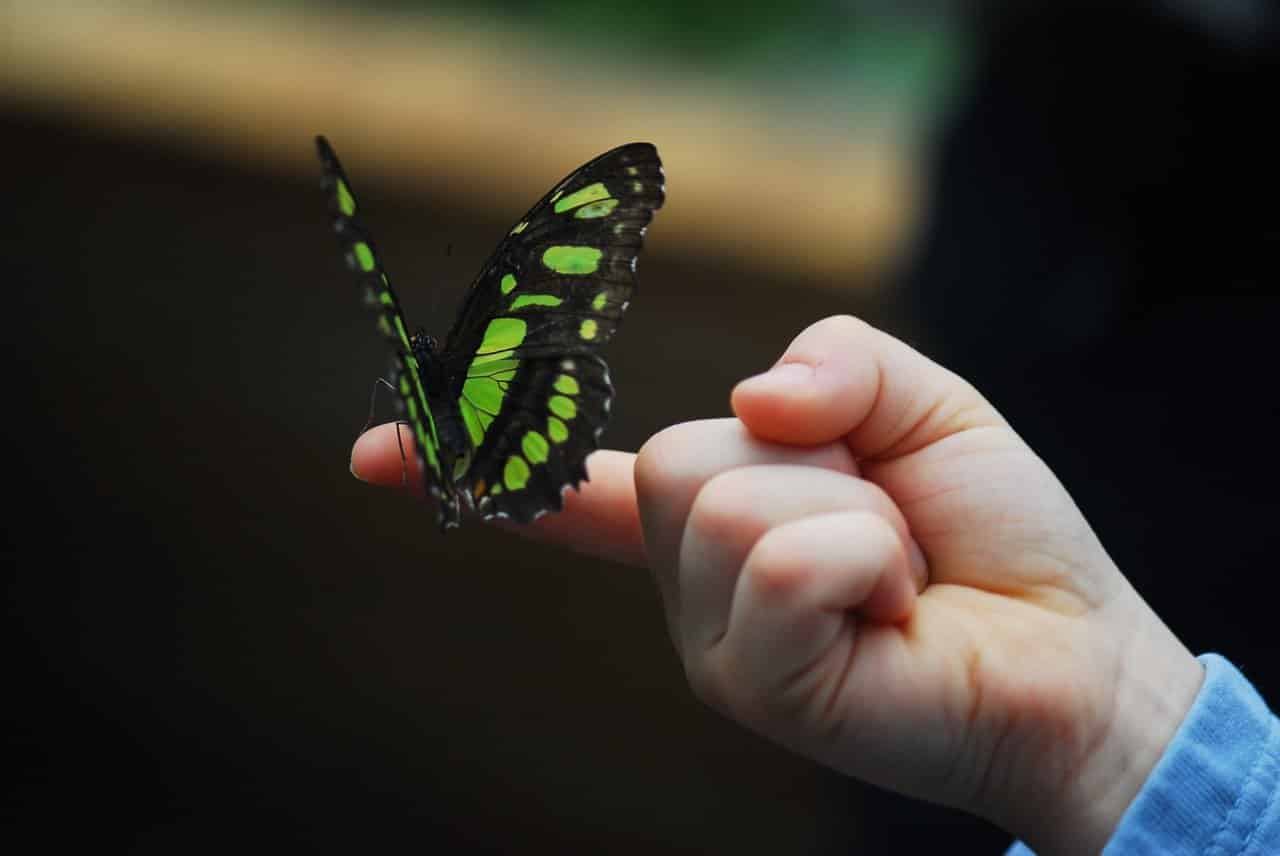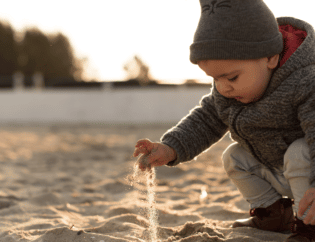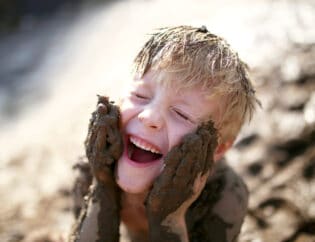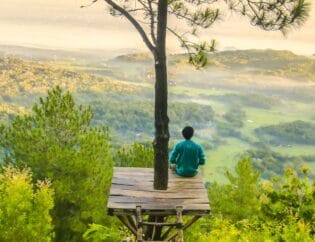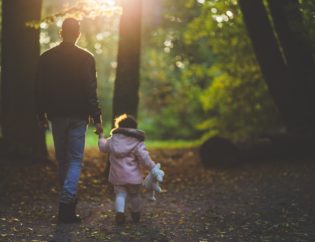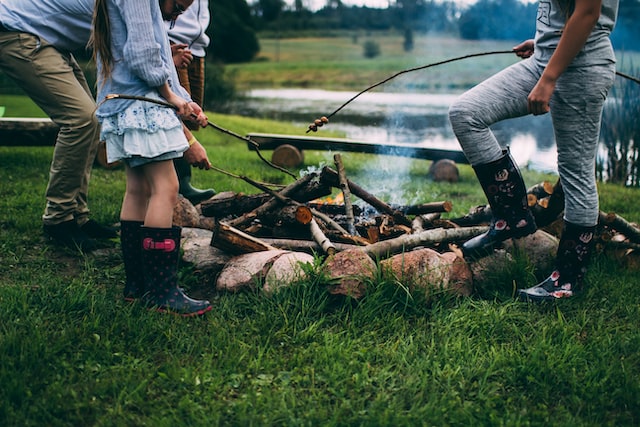
Camping is an excellent activity for families to bond and create unforgettable memories together. Think about it. How many camping trips have you forgotten in your life?
In our technology-saturated society, camping is one of the best ways to unplug ourselves and our children and hit the "rest" button. In fact, research shows that a week of camping has incredible benefits for our sleep habits.
But one of our favorite benefits of camping is that it truly is an excellent way for kids to learn about nature, experience what it's like to just "be" in nature. and grow more comfortable and confident outdoors.. Setting up camp, exploring nearby nature, cooking and sleeping in the great outdoors brings us all closer to nature. And of course, the more often we do it, the more confident campers our kids will be!
With a wide range of benefits for both parents and kids, there are few reasons not to go camping each year. Here are some of the more obvious benefits of camping for families as well as tips on how to get started.
Bonding Time:
We'll just go ahead and start with our favorite camping benefit. Bonding. Camping provides families with the perfect opportunity to bond and spend time together. When you're out in nature, away from the distractions of technology and daily routines, you can truly focus on connecting with each other. Whether you're sitting around the campfire, cooking a meal together, or exploring the great outdoors, camping offers a unique opportunity to create shared experiences that will last a lifetime.
While all vacations do wonders for family cohesion and bonding, research has found that that nature seeking vacationers who regularly engage in activities like camping and hiking are the most well bonded.
Physical Benefits:
Camping also offers a range of physical benefits for families. It provides a chance to get some fresh air, sunshine, and exercise. You can go on hikes, swim in the lake, go fishing, or even play some outdoor games. These activities not only help kids to develop their physical abilities but also improve their cardiovascular health, endurance, and strength. They also help parents to get some much-needed exercise and relaxation away from the stresses of daily life.
As camping usually takes place in natural areas, the air is cleaner, giving us a break from the air pollution we are often subject to. Kids, especially, as susceptible to air pollution given their growing lungs. But the great outdoors can help. Researchers at an asthma summer camp found that air pollution was significantly and consistently correlated with acute asthma exacerbations, chest symptoms and lung function decrements.
Mental Benefits:
In addition to the physical benefits, camping can also have a positive impact on mental health. It offers a chance to disconnect from technology and daily routines, which can help to reduce stress and improve mood. Camping also provides an opportunity for children to develop a sense of independence, responsibility, and self-reliance. Kids can help with setting up the campsite, cooking meals, and taking care of their gear, which can boost their confidence and sense of accomplishment.
Unplugging
A child will have spent 1 year of 24-hour days on screens by the age of eight. It is time to unplug. And while you are likely to experience resistance from kids, one approach is to adopt a practice of short bursts of unplugging. Camping is a perfect way to do this! Make sure you all leave your devices at home when packing for camping. Of course, your cell phone will be needed for emergencies and possibly navigation. But that's all you should need in terms of tech.
Nature Connection
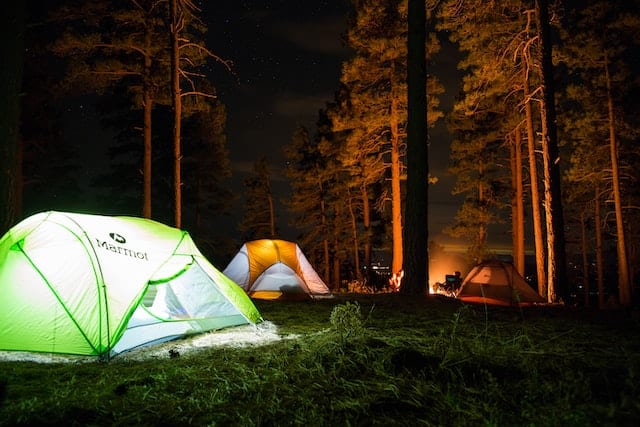
Tips for Getting Started:
If you're new to camping, it can be a bit overwhelming to know where to start. Here are a few tips to help you get started:
- Choose the Right Campsite: There are a lot of different types of campsites out there, so it's important to choose one that suits your family's needs. Look for a site that offers the activities and amenities that you're interested in, such as hiking trails, swimming areas, or playgrounds.
- Plan Your Meals: One of the best parts of camping is cooking meals over an open fire or portable stove. Plan out your meals ahead of time and make sure to bring all the necessary ingredients and cooking equipment.
- Pack the Essentials: When packing for your camping trip, make sure to bring all the essential items such as tents, sleeping bags, cooking equipment, and first aid supplies. Don't forget to pack plenty of warm clothing, as temperatures can drop at night.
- Have Fun!: Most importantly, don't forget to have fun! Camping is a chance to escape from the stresses of daily life and enjoy some quality time with your family. Take the time to explore, play games, and create memories that you'll cherish for years to come.
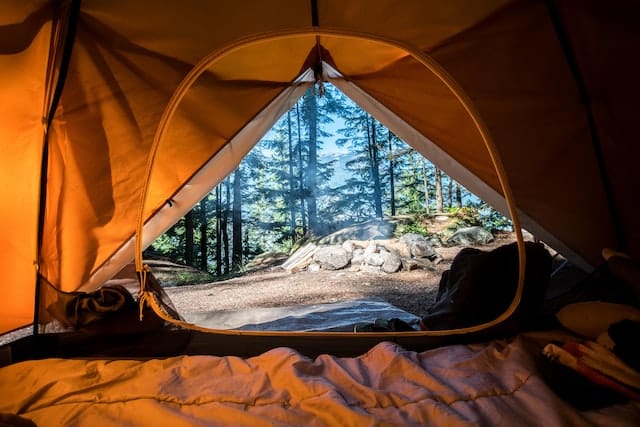
Resources for Families
There are a variety of resources available for families who are interested in starting camping. Here are a few options:
- Local Parks and Recreation Departments: Many local parks and recreation departments offer camping programs for families, including workshops and classes on camping basics, as well as guided camping trips. Check your local park district or recreation department website for more information.
- National and State Parks: National and State parks offer a variety of camping options, including tent camping, RV camping, and cabins. Check the National Park Service or your state's Department of Natural Resources website for information on camping reservations and availability.
- Camping Equipment Rental: If you're not ready to invest in camping gear yet, consider renting equipment from a local outdoor outfitter. This will allow you to try out different types of equipment and see what works best for your family before making a purchase.
- Online Camping Resources: There are many online resources available for families who want to start camping, including websites and blogs that offer camping tips, gear reviews, and destination recommendations. Some popular resources include The Dyrt, REI Co-op Journal, and Camping World.
- Camping Apps: There are also many camping apps available for your smartphone or tablet that can help you find campsites, plan your trip, and even teach you basic camping skills. Some popular camping apps include Campendium, AllTrails, and KOA.
Remember, safety should always be your top priority when camping. Make sure to research your destination and prepare properly before you go.
Camping is an excellent activity for families to bond and create unforgettable memories together. It offers a range of physical and mental benefits, including exercise, stress reduction, and independence. With a little planning and preparation, anyone can enjoy a fun and successful camping trip with their family. So, pack up your gear, grab your loved ones, and hit the great outdoors!


